Search
Did you mean: Agora?
Remove Ads
Advertisement
Summary 
Loading AI-generated summary based on World History Encyclopedia articles ...
Search Results
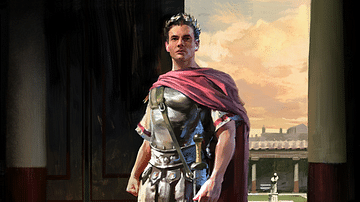
Article
The Legend of Romulus
Despite allegedly founding Rome and being hailed a hero, Romulus’ legacy is complex and his biography is even disturbing at times. He was supposedly guilty of committing many terrible deeds that still make readers recoil, but according to...
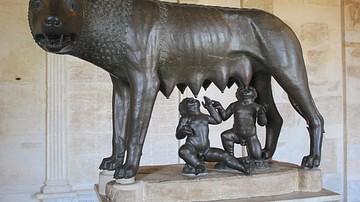
Definition
Romulus and Remus
In Roman mythology, Romulus and his twin brother Remus were the founders of the city of Rome. They were the children of Rhea Silvia and Mars (or in some variations the demi-god hero Hercules) and their story is recorded by many authors including...
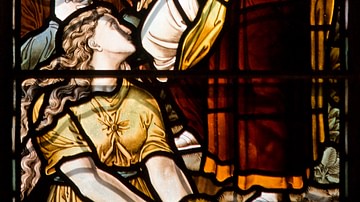
Definition
Nehushtan
According to the Bible, Nehushtan was a metal serpent mounted on a staff that Moses had made, by God's command, to cure the Israelites of snake bites while wandering in the desert. The symbol of snakes on a staff or pole is a motif that is...
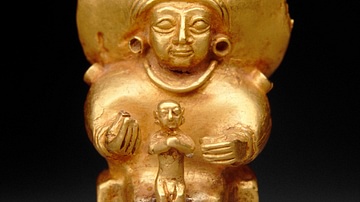
Definition
Sauska
Sauska (also known as Shaushka, Sausga, and Anzili) was the Hurrian-Hittite goddess of fertility, war, and healing. She was worshipped throughout the region known as Hanigalbat (present day Iraq, Syria, and Turkey) from the time of the Hurrians...
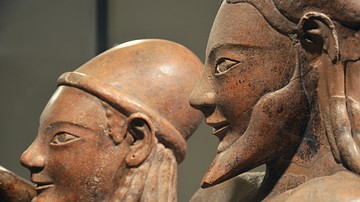
Definition
Etruscan Civilization
The Etruscan civilization flourished in central Italy between the 8th and 3rd century BCE. The culture was renowned in antiquity for its rich mineral resources and as a major Mediterranean trading power. Much of its culture and even history...
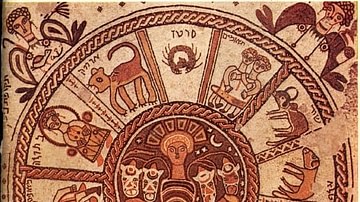
Definition
Western Astrology
Western astrology refers to a form of divination based on the motion of astronomical objects such as stars or planets. The belief that astronomical objects are divine or influence events on Earth is found in many cultures, but the practices...
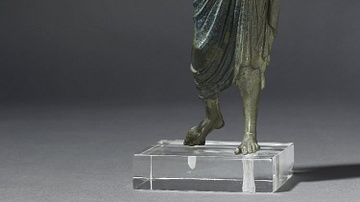
Definition
Etruscan Religion
The religion of the Etruscans, the civilization which flourished from the 8th to 3rd century BCE in central Italy, has, like many other features of the culture, long been overshadowed by that of its Greek contemporaries and Roman conquerors...
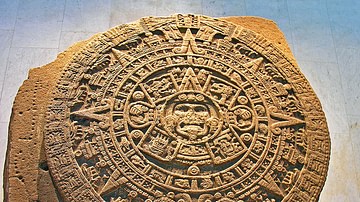
Article
The Aztec Calendar
The Aztecs of ancient Mexico measured time with a sophisticated and interconnected triple calendar system which followed the movements of the celestial bodies and provided a comprehensive list of important religious festivals and sacred dates...

Article
Aztec Pantheon
The gods of the Aztecs (1345-1521 CE) were many and varied and, as with many other ancient cultures, deities were closely associated with things and events important to the culture and the general welfare of the community. These include gods...
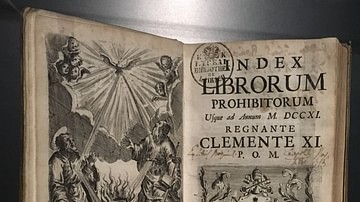
Article
Index of Prohibited Books
The Index of Prohibited Books (Index Librorum Prohibitorum) was a list of written works condemned as heretical or injurious to the Christian faith by the Catholic Church at the Council of Trent in 1563. It remained in effect until 1966 when...